Analysing Australia’s men’s and women’s 2022 Road World Championships teams
Michael Matthews and Grace Brown spearhead home nation hopes in elite road races
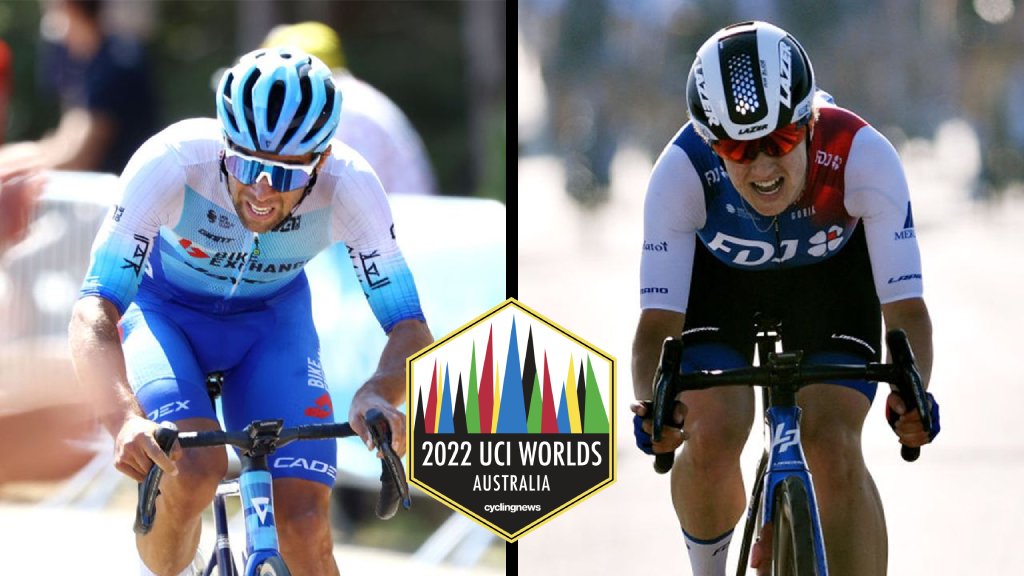
Ahead of the 2022 UCI Road World Championships, Cyclingnews is taking a deep dive into the key teams for the elite road races, starting with Australia.
History
When Australia hosted its first UCI Road World Championships in Geelong in 2010 it was riding the wave of a successful outing in Mendrisio the year before, where Cadel Evans became the first Australian to win an elite world title in the road race.
That year it was Michael Matthews who gave the home Worlds crowd reason to celebrate, winning the U23 men’s title while Luke Durbridge came second in the U23 time trial and Allan Davis was third in the men’s elite road race.
This time, Australia will be coming into its second home Road Worlds without any titles to try and defend, but reason to hope as the nation has rarely walked away from a World Championships without at least one medal since.
Still, it has been a couple of years since Australia has taken to the top step at a Road World Championships with the last title coming from Rohan Dennis, who took out the elite men’s time trial in 2018 and 2019. They were also the years where Amanda Spratt came second and third in the women’s elite road race. Since then the medal tally has been rather lean, with the nation leaving empty handed in 2020 when the COVID-19 pandemic meant only elite categories ran. Last year, it was Luke Plapp who was the sole medal winner for the nation, taking silver in the U23 time trial.
Line up
Women Elite
- Georgia Baker
- Grace Brown
- Brodie Chapman
- Alexandra Manly
- Sarah Roy
- Amanda Spratt
- Josie Talbot
Men Elite
Get The Leadout Newsletter
The latest race content, interviews, features, reviews and expert buying guides, direct to your inbox!
- Simon Clarke
- Luke Durbridge
- Heinrich Haussler
- Jai Hindley
- Michael Matthews
- Ben O’Connor
- Luke Plapp
- Nick Schultz
Key Riders
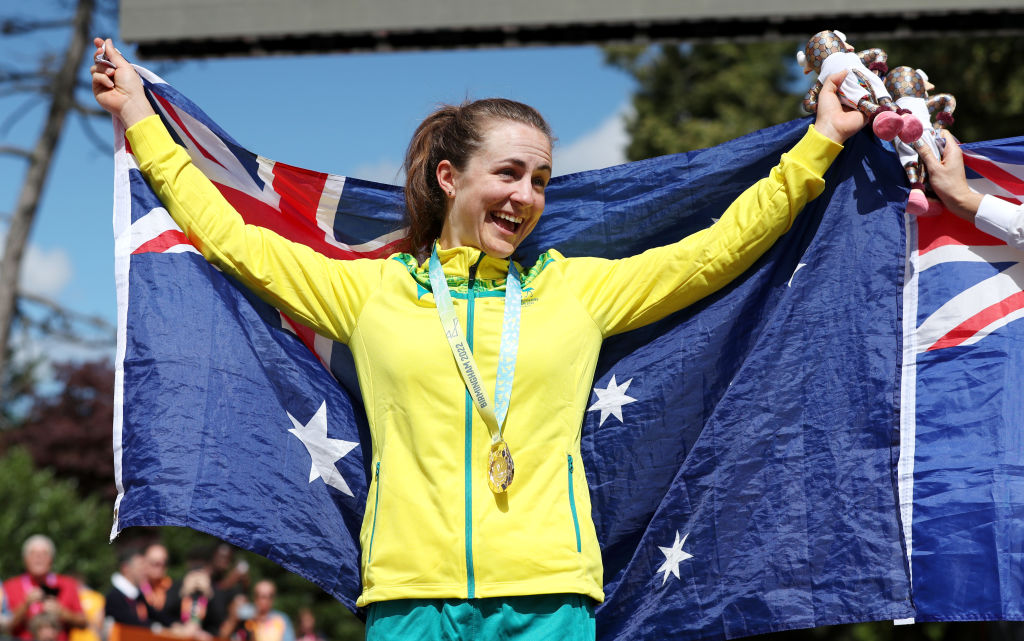
Women Elite
Amanda Spratt has spent many years shouldering Australia’s World Championships hopes and while there is no writing off the 2019 bronze and 2018 silver medallist, it’s Grace Brown and Alex Manly that she pointed to as the leaders when the team was announced in late August. Spratt, who will be riding roads just a stone’s throw from her Australian base, has had a challenging couple of seasons between iliac artery endofibrosis and the recovery from surgery for it, but the climber looks to be building form and if all goes to plan could yet prove a threat. However, there are others in the Australian team that look set to be bigger ones.
Last year’s Road World Championships in Flanders delivered a course that looked to suit Brown to a tee, but a shoulder injury meant she couldn’t line up. Wollongong, however, delivers a second chance and the 30-year-old looks like a serious medal prospect for both the time trial and the road race. Not afraid of the punchy climbs and a rider who favours a selective race and a launching point for an attack. Brown looks a clear top pick but of course anything can happen on the day and Australia has the riders to cover a number of bases.
Alexandra Manly isn’t one that would have been considered as a contender for this race a year ago, but after switching back to the road from the track she has wasted absolutely no time in delivering the results. Manly can hang in there on the climbs and would be a handy rider to have in a select sprint.
Men Elite
Jai Hindley may have a Giro d’Italia victory under his belt and a serious ability to climb, but given the shorter nature of the ascents that make up the nearly 4,000m of altitude gain over the 266.9km men’s elite race it is Michael Matthews who is bound to be leading the way for the team.
The Wollongong course is terrain that suits the rider to a tee and the sprinter who can climb has increasingly leaned toward the ascents, proving it can be a winning formula for him on stage 14 of the Tour de France where he took a victory on the steep ascent to the Mende Aerodrome. That victory also broke the streak of close but not quite there results that has haunted Matthews the last couple of seasons. Plus he is one of the rare riders who has history at a home World Championships, and history of the best kind after taking the U23 men's title in Geelong.
If the race plays out in a different way, however, that tips toward the climbers, that’s where HIndley and Ben O’Connor should come into their own. After all O’Connor certainly proved how dangerous he can be in a long-range break on an altitude heavy course when he won the stage to Tignes at the Tour de France last year.
Strengths
Women
In the women's elite team Australia are heading in with a well rounded team, covering a number of bases. They have the strength of riders like Georgia Baker and Sarah Roy, who can provide power and speed on the flat when it is needed, the attacking prowess of Brodie Chapman, the climbing strength and depth of World Championship experience of Spratt and Manly who delivers the crucial balance on this course of a rider who can climb and sprint. Then there is Brown, who knows how to take advantage of a pinch point to launch a stinging attack and then has the proven ability to use her time trialling prowess to hold it through to the end.
Add to that the single advantage Australia has that no one else does, local knowledge. Both Spratt and Roy are from New South Wales, and Spratt's memories of the area go well beyond her summer reconnaissance. For Oceania champion Josie Talbot, the race is not just in her home state but her home town. As a Wollongong local, if anyone knows the area and its idiosyncrasies it is her, and she was also one of the first riders out on the course as she was part of the reveal video last year.
Men
The closest Australia has got to the top step at the elite men's road race since Evans won in 2009 was when Matthews took silver in 2015, beaten to the line by Peter Sagan. Then both Simon Gerrans and Matthews could be seen separately sprinting toward the line behind a celebrating Peter Sagan to take second and sixth. That raised some questions about whether the result could have perhaps been different if the team had a single leader strategy.
This time there will be no doubt who the team is working for in that scenario, with Matthews again facing up to a course with terrain that suits, proven form – particularly after his second at the Grand Prix Cycliste de Québec – and strong backing from a team who seem to have all bases covered. Matthews will have the reliable 2015 worlds teammate Heinrich Haussler and Luke Durbridge to provide positioning and power, along with Hindley and O'Connor to cover the climbs, experienced breakaway specialist Simon Clarke and the hard working Nick Schultz – who also knows how to hold his own in a break – and the youthful enthusiasm of Luke Plapp.
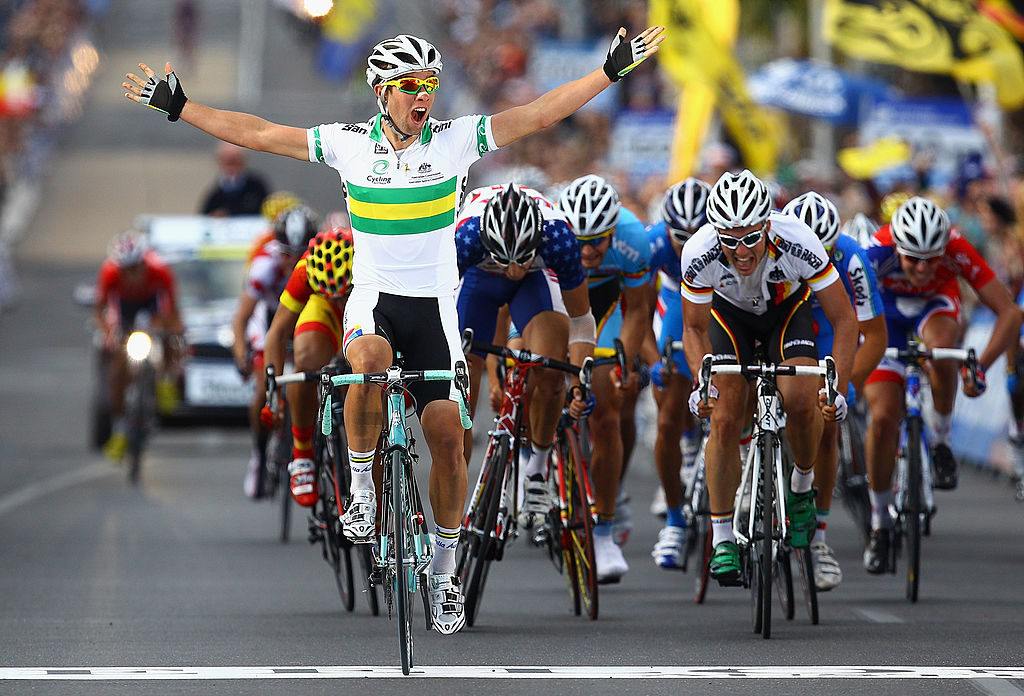
Weaknesses
Women
There is one weakness that rings true for nearly every women's team, and that is that while they may have excellent riders for the terrain and a strong cohesive team, it is hard to find anyone who, on paper, even comes close to stacking up to the Dutch trident of Annemiek van Vleuten, Demi Vollering and Marianne Vos.
Brown is great with an attack and solo time trial to the end – but Van Vleuten is better. Manly is excellent with the climbing/sprint combo – but Vos is faster, Spratt is a powerful climber – but not quite as powerful as Vollering. The Dutch, as usual, will take some beating but if last year's World Road Championships and Olympic Games taught us anything, even though that may look an impossible task, it isn't.
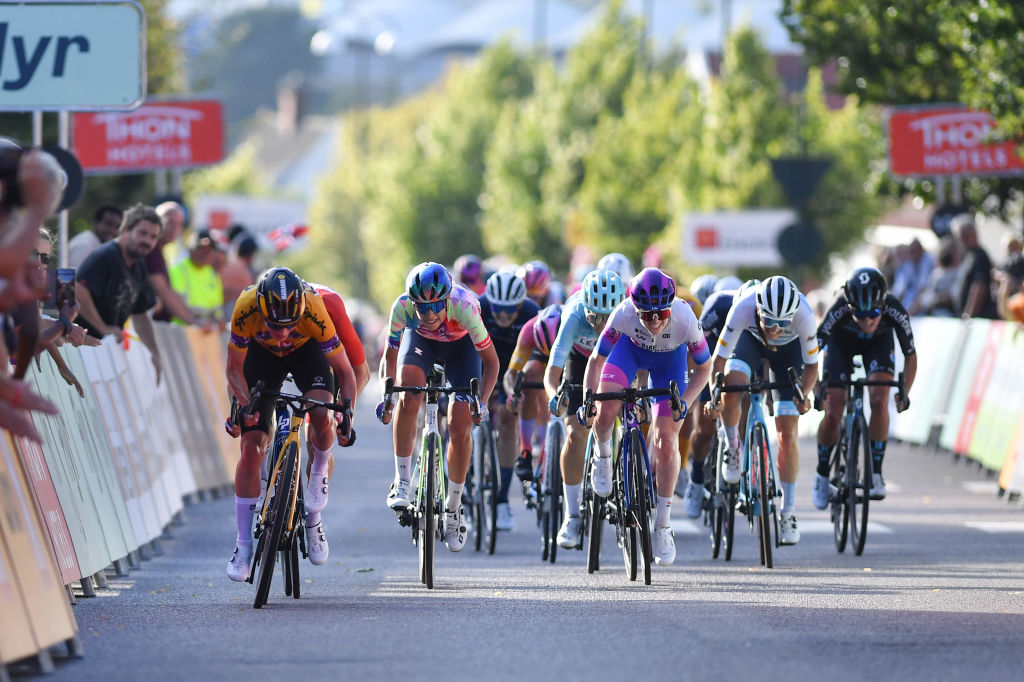
Men
A strength can quickly turn into a weakness when things take an unexpected turn, and that is perhaps a risk of the Australian team's decision not to add another sprinter into the mix alongside Matthews. If it somehow comes down to a larger group where a few of the fast men manage to hang on, the team may well be rueing the decision to leave out Caleb Ewan, and his superior speed in a pure sprint. If for some reason Matthews can't be be there at the end, there is also no obvious plan B for a group finish. Not hedging the bets can lead to big wins but also, if it doesn't work out, big losses.
The view from Australia
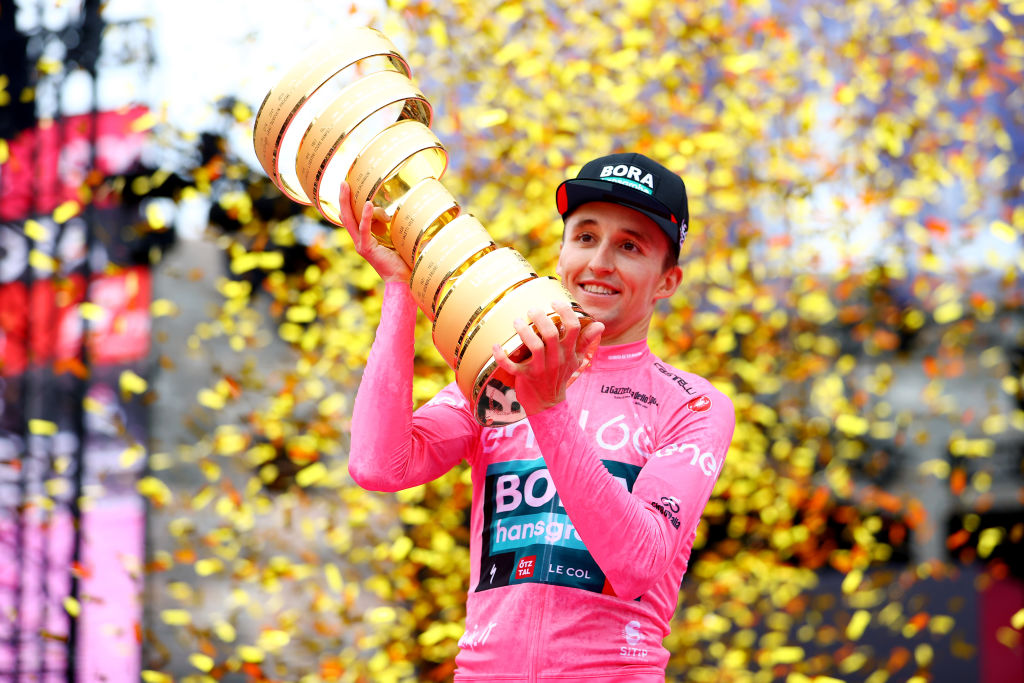
This has been a year where cycling has seen a cut through to the mainstream in Australia like rarely before. Cadel Evans with his World Championship and Tour de France victories broke through more than a decade ago, as did Richie Porte's third place in 2020, but as a general rule cycling and mainstream media aren't a mix often seen in Australia.
However, Hindley's Giro d'Italia win earlier this year brought it back to the forefront, a couple of heartwarming stage victories at the Tour de France from Matthews and Simon Clarke kept it there, as did the historic event that was the Tour de France Femmes. There's hopeful signs a habit is forming, and that could well be consolidated with a home World Championships.
In some ways the timing could be just right to capitalise on a growing awareness of the sport, also sating long term Australian cycling fans who have been starved of a chance to watch top level competition on home soil over the past two years, and more with the COVID-19 pandemic leading to strict border closures that lead to the cancellation of the Santos Tour Down Under and Cadel Evans Great Ocean Road Race in both 2021 and 2022. That means the already heightened anticipation that comes with a home World Championships is likely to take on a whole new level.
While Australia isn’t the biggest of cycling nations, there is no doubt it is one that loves its big sporting events, so the die-hard fans are also likely to be joined by a legion of instant experts and all-round sport devotees lining the road and tuning in for some rare prime time cycling viewing.
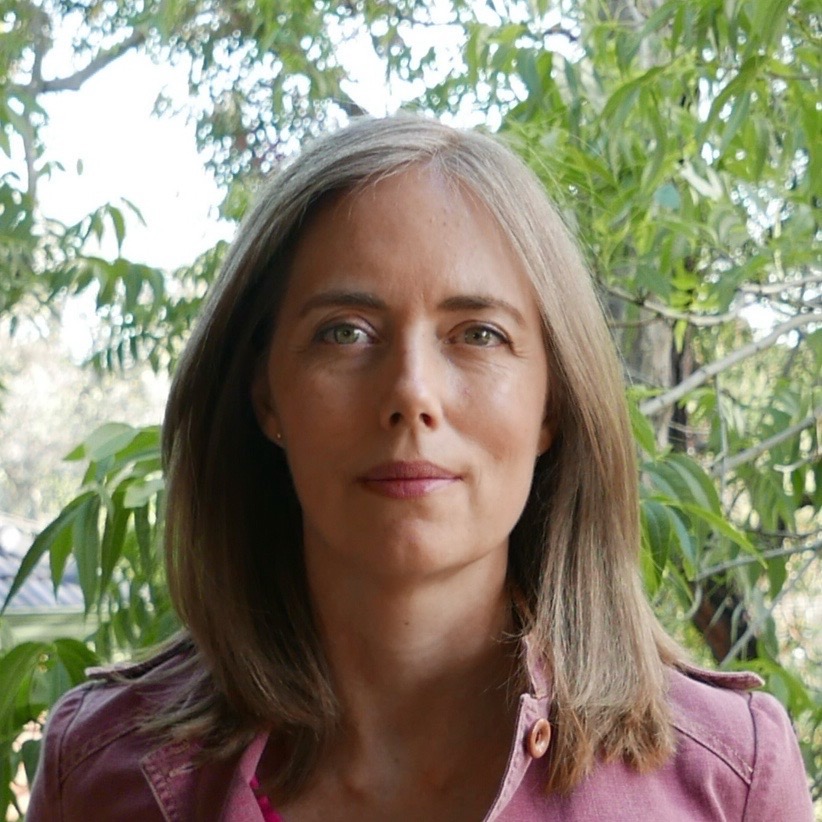
Simone is a degree-qualified journalist that has accumulated decades of wide-ranging experience while working across a variety of leading media organisations. She joined Cyclingnews as a Production Editor at the start of the 2021 season and has now moved into the role of Australia Editor. Previously she worked as a freelance writer, Australian Editor at Ella CyclingTips and as a correspondent for Reuters and Bloomberg. Cycling was initially purely a leisure pursuit for Simone, who started out as a business journalist, but in 2015 her career focus also shifted to the sport.